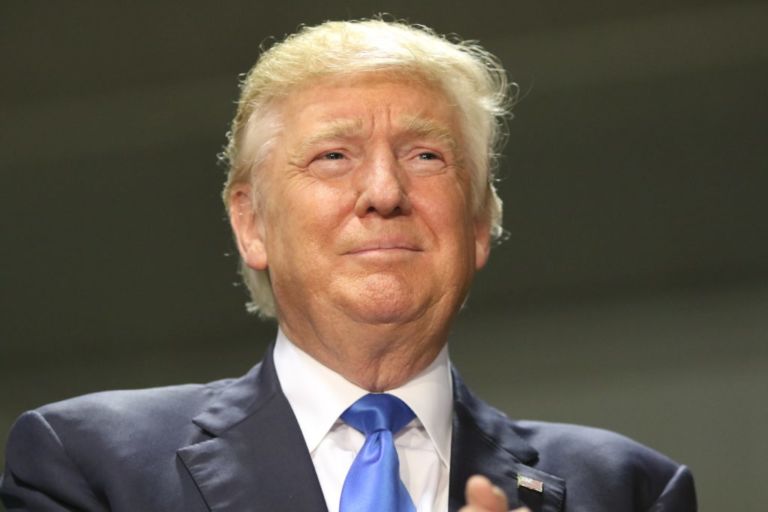Jeffrey Blehar writes for National Review Online about the significance of Florida Gov. Ron DeSantis using Twitter to launch his presidential run.
At first blush, it seems like the decision of a campaign that is “terminally online,” i.e., far too embroiled in the navel-gazing bubble of online media and political commentary. Elon Musk is the “main character” of this kind of Twitter, many of whose denizens think he ruined their favorite toy. But what kind of real-world influence does he have? What sort of voter reach does this event have compared with regular coverage by the evening news and cable networks?
Upon further thought, however, I see certain advantages. It breaks the mold, if nothing else. By not going the traditional route, DeSantis gets a brief nod as an innovator but, more importantly, puts himself out where the voters (in the age 18-49 demographic) he needs to persuade congregate. And if you say, “Yeah, but I won’t be watching,” then don’t worry — at least 40 percent of the people you follow will be, so you’ll hear all about it regardless. Because do you know who else tends to disproportionately congregate on Twitter? That’s right, mainstream media journalists and commentators.
Second, to be blunt: Elon Musk, while intelligent, is not exactly a hard-hitting interviewer. It’s impossible to know whether this “conversation” is meant as a frank exchange of opinions — a chance for DeSantis to explain why he believes what he does in the context of a friendly back-and-forth — or just an exercise in “Hello Ron, can you explain to America how wonderful you are?” But the man who bought Twitter only to devolve into @catturd2’s reply-guy will likely be even more easily rolled by DeSantis’ self-assured freight train approach than Kaitlan Collins was by Donald Trump. That is, of course, entirely the point.


